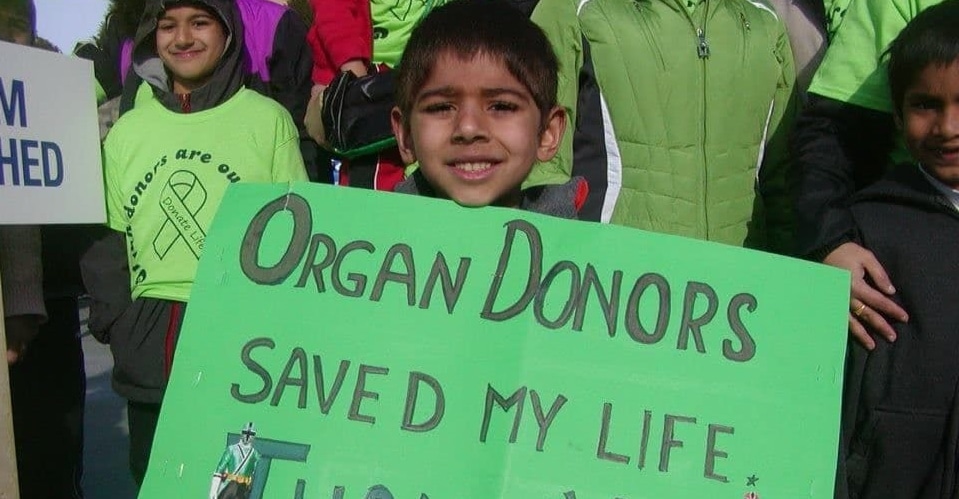
When you pass away, there are various things that can be done with your body immediately after your passing:
- · The body can be buried in a coffin in the ground, possibly after it has been embalmed (Embalming is typically required for a public viewing and in certain other circumstances, including if the person died of a communicable disease or if the cremation or burial is to be delayed for more than a few days).
- · The body can be cremated, using heat only which is a standard cremation process, or using water then heat known as “green cremation” (Alkaline Hydrolysis).
- · More recently, the body can decompose, becoming “human compost“, but this is not yet available in most countries.
- · The body can be donated to science.
- · The body can have it´s organs donated to people in need of organ donation.
What many people don’t know or aren’t 100% sure of, is that in the last two cases, the remains can be cremated and returned to the family once the donation process has been finalized.
So this means that you can donate your organs and/or your body to science, and still be planted as a tree with a Bios Urn ® afterwards.
We have already written about donating your body to science in a previous article where you can read about why people do it and how it helps.
Today we will focus on organ donation: How can I donate my organs and then become a tree after I die? Find out below!
What exactly is organ donation
Organ donation is the process when a person allows an organ of their own to be removed and transplanted to another person, legally, either by consent while the donor is alive or dead with the assent of the next of kin.
An organ donation is followed immediately by an organ transplantation. The recipient of the organ transplantation is someone who’s organ has failed or has been damaged by disease or injury.
Many organs can be donated. Donations include the liver, kidney, pancreas, lung, intestine, cornea, skin, bone, bone marrow and heart. One donor can save up to 8 lives!
Organ transplantation is one of the great advances in modern medicine. Unfortunately, the need for organ donors is much greater than the number of people who actually donate. Every day in the United States, 17 adults and children die waiting for an organ.
People who make anatomical donations do so out of a sense of generosity and the desire to save lives or relieve suffering. Organ donation and body donation each serve an important role in improving the health and wellbeing of others.
Why would I donate my organs?
We have spoken to lots of people in the Bios Urn community who have pre-planned their end of life wishes to include organ donation and then be transformed into a tree in the after-life with the cremation ashes returned after the donation is complete.
Maybe the reasons that pushed them to become organ donors will inspire you to do the same.
Lori
Beverly
“Donating my sister’s organs when she passed at 41 helped me accept her death. She gave all she had!!! I plan to do the same, but I am already nearly twice her age at that time. Perhaps my organs will have little value, but one never knows. It is worth the try for someone in need.
The letters I received about the recipients were very heart-warming!!”
태산
“A few years ago my great grandmother passed away. Being the woman she is, she decided to donate her body to the University of Hawaii medical program to not burden her surviving family with funeral costs. It was hard thinking about it, but I’m glad some medical students were able to learn from her.
The cremated ashes were given back to us by the UH Med students. Hawaiian tradition holds that the body must be returned to the ocean so half her ashes were spread at Ala Moana Beach. And we being of Korean descent, her son (my great uncle) took the other half back to Korea to spread in the Han River, symbolizing the return to nature.”
Jaqueline
“I am currently a registered organ donor in the US. I would love to donate to a recipient in need when the time comes. I am also open to exploring donating my body to science.
Afterwards, I would like to be buried in a responsible, eco-friendly manner.”
Sharyn
“I plan to donate my organs. I have a DNR (A do-not-resuscitate order). I know several people who’ve received donor organs whose lives have literally been saved by the generosity of others.”
Samantha
“I am American but live in the UK. I took the initiative and signed up in both countries. In the US, on my Arizona driver’s license, there is a sticker that indicates I am an organ donor. I’ve always wanted to do this and there is no cost to sign up. Why wouldn’t I want to help someone with my organs? I will be dead, I don’t need them anymore.
I’ve made it very clear to my loved ones that I want to be recycled/donated as much as possible. If I eventually cannot be made into compost then I want my ashes in Bios Urn® living forest.”
Have these people reasons for becoming organ donors inspired you to do the same? According to research, 90% of people support organ donation, but only 60% are registered organ donors. So if this is something that you support, don´t wait any longer. Register today! Find out more below.
What is the difference between organ donation and body donation?
Anatomical donations fall broadly into two categories: organ donation or body donation. Organ donation is the one we hear about the most, with stories of lives saved when all other hope seemed lost. These headline-making tales inspire many to choose donation as part of their end-of-life plans.
Body donation, by contrast, is less glamorous but no less important. Donated bodies are required for the education of medical professionals and for the research that develops new drugs, procedures, treatments, and devices to potentially save or improve countless future lives.
It is possible to register for both organ and body donation. Organ donation always takes priority over body donation because of the ability of a donated organ to immediately save a life. Eye and cornea donations never interfere with body donation, but some other donations may pose problems. This is decided on a case-by-case basis.
At Bios Urn ®, we encourage all types of donation, but we think it’s important for potential donors to understand how each works so that they can make the best possible end-of-life decision.
Who can be an organ donor?
Just about anyone, at any age, can become an organ donor. Anyone younger than age18 needs to have the consent of a parent or guardian.
When a person dies, organizations such as the Organ Procurement Agency in the U.S. determines medical suitability for donation. For organ donation after death, a medical assessment will be done to determine what organs can be donated. Certain conditions, such as having HIV, actively spreading cancer, or severe infection would exclude organ donation, but donation to science is possible for anyone of any age.
Ok I have decided that I want to donate my organs and then become a tree after I die. How can I register to donate my organs?
This often is not done automatically, you need to give consent by registrering. A quick internet search for your country will indicate where and how to sign up to the donor registry where you live.
Here are some examples of websites that can help guide you:
The U.S.: organdonor.gov or individuals can register as organ donors through their local Department of Motor Vehicles.
Canada: Government of Canada
The UK: NHS Organ Donation Registry
Australia: Donate Life
New Zealand: Organ Donation New Zealand
Some countries are even considering making organ donation opt-out, meaning that everyone is registered automatically unless they proactively opt-out, like in the case of England and Wales. Consent is presumed unless people have opted out.
Are there any costs associated with organ donation?
Generally there is no cost to the donor’s family or estate for the donation of organs, tissue, or eyes. In addition to this, in many occasions, the cremation afterwards is free for the surviving family and the cremated ashes are returned in a matter of 4-8 weeks in most countries.
So not only is becoming a registered donor a way to possibly save lives and to promote science, it can also mean considerable funeral savings.
You can also become a living donor
You don’t need to die to donate organs. A living donation, such as the donation of one healthy kidney or a segment of a healthy liver from a living human being to another, is arranged through the individual transplant centers according to criteria they have in place.
You can find out more about living donation on the donor registration websites.
What did you think about this article on organ donation? Are you now thinking: “I want to donate my organs”? If so, don’t wait any longer and register today! You may be saving someone’s life by doing so. And we would love to hear from you in the Comments section below on anything related to this article!
To keep up to date with all the latest Bios Urn ® news and stories, you can follow us on Facebook, Instagram, Twitter, Pinterest and YouTube!
Join our mailing list to keep you updated of all Bios® news and get a 10% Discount!
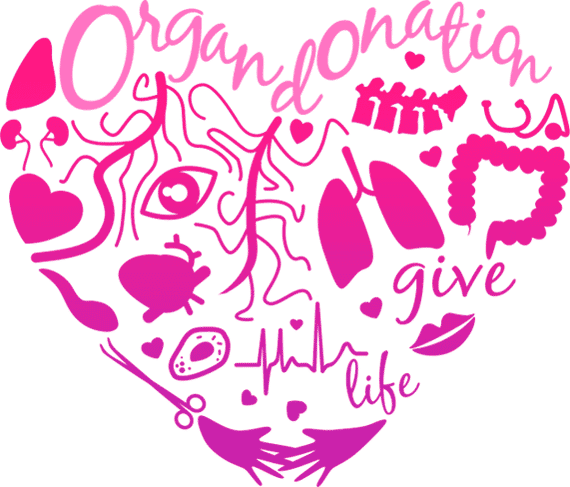
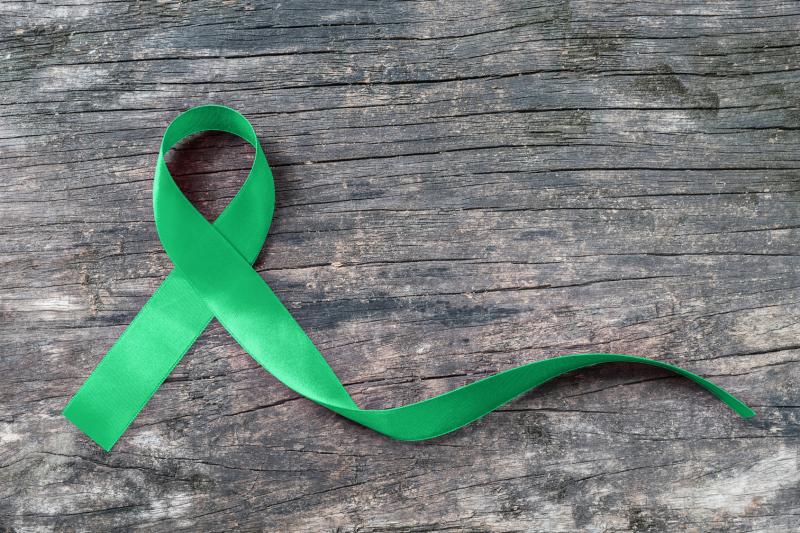
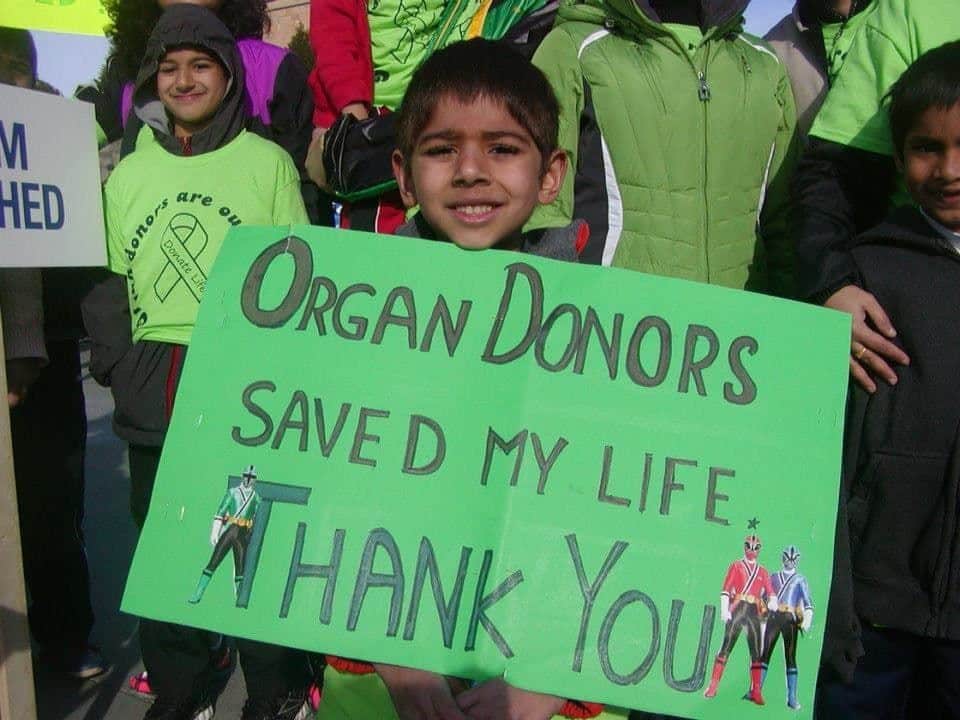

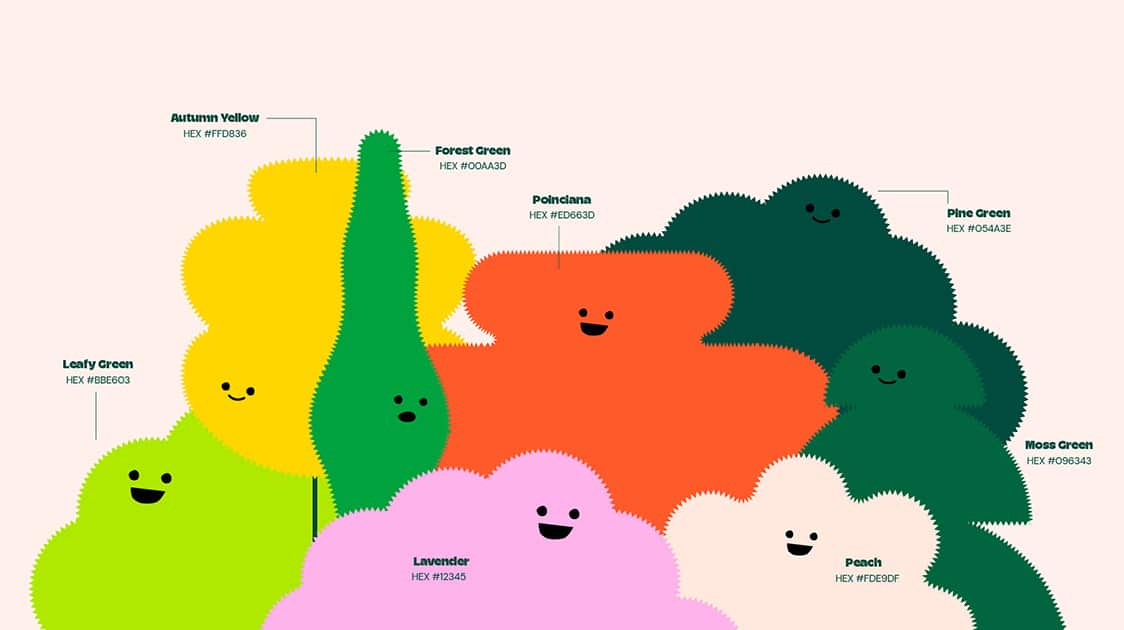





Very informative article. It answered some questions that I have recently had regarding organ/whole body donations. Thank you for answering some of my questions and giving further information on who to contact as well.
We are so glad to know this Gloria. We also had our own doubts, which is what inspired the article. Thank you for taking the time to write.